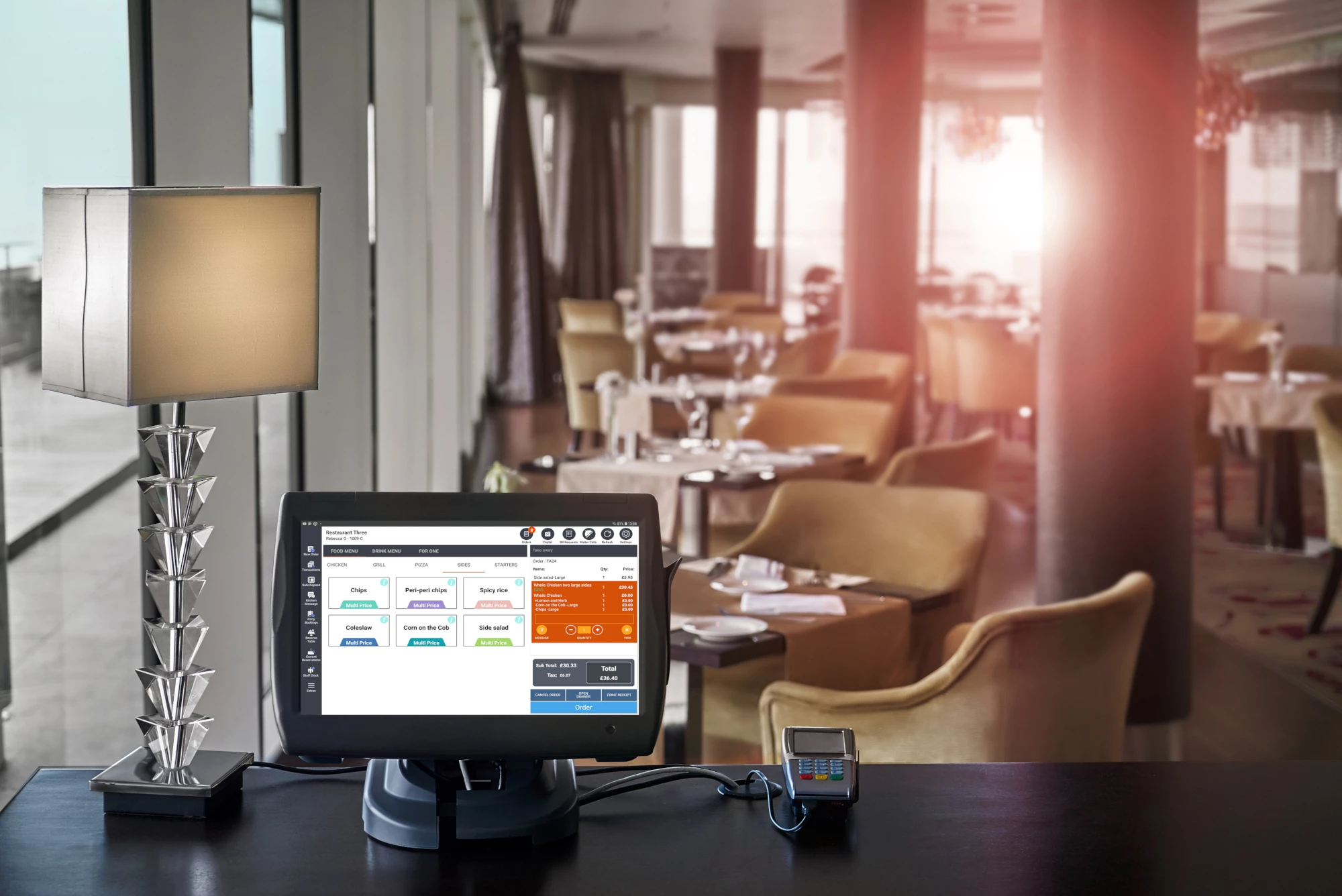
Partner Article
Quarter of UK consumers happy for robots to take over in the kitchen
A quarter of UK consumers would trust a robot to cook their meal in a restaurant, whilst 30% admit they are happy for a robot to serve them food & drinks in a hospitality venue, according to new research from ePOS Hybrid.
The nationwide study of more than 2,000 consumers, which was commissioned by the hospitality tech disruptor, looked at whether robots are likely to dominate future hospitality experiences and replace humans in cooking and customer facing roles. The data revealed 50% of consumers think it’s important to be greeted by a host as opposed to a robot and a further 24% admitted they are scared chefs will be replaced by robots, potentially impacting quality.
Andrew Gibbon, head of growth, ePOS Hybrid, commented: “While the development of robotics is increasing at a rapid pace, it’s clear this technology will not become mainstream anytime soon. The upfront cost, infrastructure and ongoing maintenance these devices require makes them out of reach for many operators in the sector.”
Consumers are however much more receptive to seeing this technology integrated into their experience from a logistical standpoint, as 39% would be happy for a robot to deliver takeaways to their house if it meant a more efficient process and lower fees. 36% are also happy for a self-driving robot or drone to deliver food/drinks to their home.
Automated delivery robots are already in use in some parts of the UK. Starship, a self-driving robot delivery service which recently started operating in Milton Keynes, has partnered with restaurants and shops in the area to deliver food, parcels and groceries. Furthermore, large food operators like Dominos have also confirmed plans to improve efficiency when it comes to deliveries with this technology.
Andrew continued: “We have seen a significant change in the use of robotics across the hospitality industry. From robot servers to self-driving robots and drone delivery services, this technology can play a vital role in creating efficiencies for businesses and reduce long term operational costs. It also has the ability to dramatically reduce human-to-human contact which has been essential throughout the past 18-months.
“In addition, we’ve seen this technology paving the way in taking the customer experience to the next level, particularly in other parts of the world where it’s been integrated into various parts of venue operations. In China for instance, restaurants have been using robot waiting staff for years now, while Japan’s Dawn Avatar Robot Café is striving to create more job opportunities for disabled workers by using robots that are operated by employees remotely to serve food and drinks to patrons.”
When it comes to robotics and consumer perception of this technology, the research also uncovered: ● 53% think robot servers in the hospitality sector are a fad ● 51% say it’s important they are served a meal by a person as opposed to a robot ● 61% think it is important food continues to be cooked by a chef as opposed to a robot ● 50% wouldn’t trust a robot to cook a meal for them in a restaurant
Andrew concludes: “It is clear to see there is a long way to go in terms of changing attitudes when it comes to adopting robotic chefs and waiters in the UK. Whilst this technology may never become mainstream in the UK unlike other parts of the world, the adoption of automated delivery robots is inevitable and, within the next five years, I believe we’ll see networks of fully autonomous robots completing deliveries in most major cities around the world.”
This was posted in Bdaily's Members' News section by Jessica Louise Simm .
Enjoy the read? Get Bdaily delivered.
Sign up to receive our popular morning National email for free.








 Navigating the messy middle of business growth
Navigating the messy middle of business growth
 We must make it easier to hire young people
We must make it easier to hire young people
 Why community-based care is key to NHS' future
Why community-based care is key to NHS' future
 Culture, confidence and creativity in the North East
Culture, confidence and creativity in the North East
 Putting in the groundwork to boost skills
Putting in the groundwork to boost skills
 £100,000 milestone drives forward STEM work
£100,000 milestone drives forward STEM work
 Restoring confidence for the economic road ahead
Restoring confidence for the economic road ahead
 Ready to scale? Buy-and-build offers opportunity
Ready to scale? Buy-and-build offers opportunity
 When will our regional economy grow?
When will our regional economy grow?
 Creating a thriving North East construction sector
Creating a thriving North East construction sector
 Why investors are still backing the North East
Why investors are still backing the North East
 Time to stop risking Britain’s family businesses
Time to stop risking Britain’s family businesses